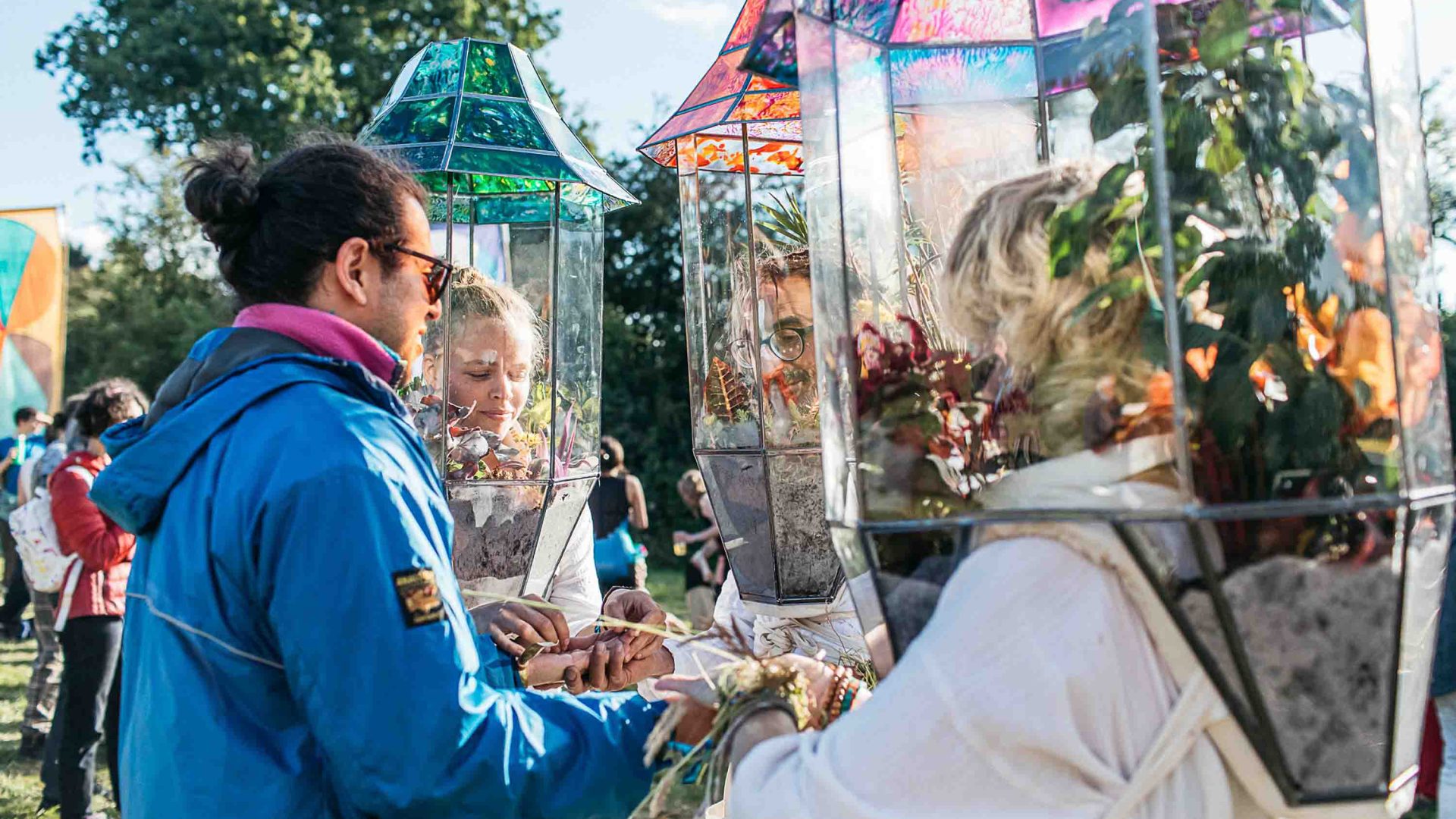
Anxiety, an autism diagnosis, and an awkward relationship with the outdoors didn’t make Dhruti Shah a natural contender for a forest festival, but taking that first step proved to be the right call—even if she did get locked out of her tent.

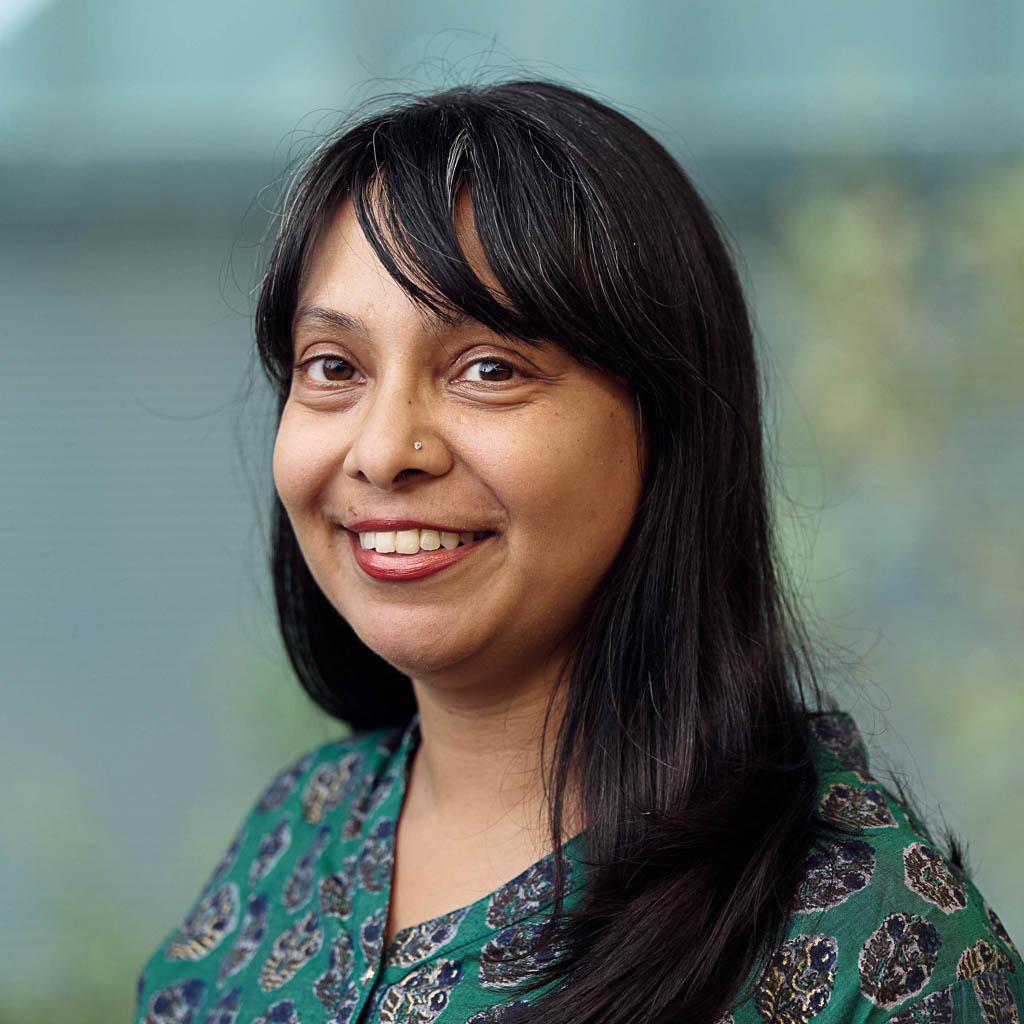
Anxiety, an autism diagnosis, and an awkward relationship with the outdoors didn’t make Dhruti Shah a natural contender for a forest festival, but taking that first step proved to be the right call—even if she did get locked out of her tent.
It’s pitch dark and there’s live music from Timber Festival headliner Tirzah belting through the campsite in the middle of the UK’s ‘newest’ forest—the National Forest. I am, however, locked in my tent, running through worst case scenarios as I realize I can’t unzip the opening and go to the loo. Time is against me here.
I take a deep breath and call Rebecca, the tent mechanic. Again. She only left five minutes ago, having successfully fixed the zip of the recycled one-man tent by pulling it off the dull green fabric where it was stuck so I could squeeze myself in. But once in, for some reason that I just cannot figure out, I’m trapped again.
This is the first time I’ve ever gone camping overnight at a festival, but I don’t think this is normal.
I’m in Feanedock, a woodland regeneration project in the heart of the British Midlands, thanks to an invite from Climate Reframe, an organization aimed at spotlighting people of color who work in the environmental sector.
They had brought together about 18 of us from around the country with different heritages to come and experience festival life, and do things that perhaps we didn’t always get to do. I wasn’t the only one with little experience of camping, but from what I could see, everyone else seemed to be coping.
This tent debacle was not in any of the risk assessments I’d created as part of my pre-festival planning since receiving the invite. I’d been worried because it was my first trip with a group of new people since my later-life autism diagnosis just a few months earlier.
One autistic trait is hyperfocus. This means everything I’d brought was to ensure I was covered for all eventualities.
That revelation remains rather discombobulating, and it’s certainly changed the way I approach unfamiliar situations. I’d already crowdsourced advice from seasoned campers and created a whole booklet of notes, which I’d brought with me, to help me cope.
Luckily, Kat Buckland, the coordinator for Climate Reframe, was incredibly organized and had created a dynamic PDF for us all, with logistics and instructions all in one space. In fact, while we’d been queueing earlier for a cup of tea at the city-priced pop-up food stands, she told me they’d tried to make the experience as inclusive as possible, including providing all the information anyone would need.
I’d already realized that bringing a cabin-sized suitcase and a rucksack to a campsite where your one-man tent is physically only big enough for one person—just—was not the best idea. Most of us were in pre-pitched tents booked with Camplight, an organization that upcycles abandoned festival tents—this circular economy approach is reflective of Timber Festival. It’s not just about music and chilling out, but about rethinking our relationship with the environment around us. You could even bring clothes to be repaired, learn the art of invisible stitching, take part in ‘craftivism’ workshops, and even try to win the title of ’wonkiest veg’.
Rebecca’s head pokes through my tent opening: “I think your suitcase might be the issue,” she says. It’s too big for the small space. She offers to look after it overnight.
There’s a reason I overpack: One autistic trait is hyperfocus. This means everything I’d brought was to ensure I was covered for all eventualities. Lots of socks. Loo roll. Wet wipes. A tick remover tool because I was aware of people who’d contracted Lyme disease in the countryside. An emergency tin of sweetcorn—you know, in case we got stranded on a delayed train on the way home.
Although I didn’t need to worry about food at the festival… I’d eaten well, especially as everything was vegetarian. But I’d also brought several mum-made theplas in a sealed bag; theplas are amazingly durable flatbreads which many Gujarati people take with them on all travels. At least, I thought, while waiting for Rebecca to arrive, if I’m stuck in here for a while, I’ll have my thepla. Made of wheat and gram flour, spices and fenugreek, this staple is also a fantastic social tool; once shared, friendships are made.
I discovered festivals like this bring a sense of community and making friends happens quite organically: You just get talking. All the Elements, an organization dedicated to opening up the outdoors to those from diverse communities, had curated a zone with various events spotlighting that festivals like this are for people like me—and that included a community picnic.
I went to a workshop with archaeologist and anthropologist Mary-Ann Ochota called ‘But Where Are You Really From’, which urged the audience to really examine their assumptions about their ancestry. It was a comedic sped-up tour of 12,000 years of British history, concluding with everyone present creating a family tree together.
I’d also been invited to speak on intersectional climate storytelling along with global climate experts including Suzanne Dhaliwal, Yasmin Begum, Leah Borromeo and Cecila Reed. If people now tell me it’s hard to find environmental speakers from the global majority, I’m going to have to say, erm, you’re not trying hard enough.
The festival overall was a surreal experience. I already knew the toilet situation was going to be a test: I’m hypersensitive and have a strong sense of smell, so I’d brought masks to help me deal with it. But even those sawdust communal loos which I’d been incredibly worried about soon became a grin-and-bear-it situation.
This whole experience was about learning to be open to everything. And that involved embracing the incessant rain on what was supposed to be a summer weekend in July, and taking part with a moment’s notice in a laughter yoga session with a group of strangers pretending to be animals while we moved from imaginary wolves to snails to camels.
Then there was hanging out in a makeshift forest pub and finding out there’s a skills shortage in woodland management. And even going a bit off-piste and looking for a mystery lake with new friends, which we never actually found despite it sitting still and majestic just outside the festival borders.
You can prep as much as you like but anything that’s set in nature will have a degree of unpredictability.
One space I’d keep returning to throughout the weekend was The Eyrie Stage which on the Saturday, was curated by ‘human sampler’ Jason Singh. It was an intimate concert space and I dipped into several performances including Scottish-Thai musician Helen Ganya’s ethereal experimental music, soundscapes and field recordings by Nikki Sheth, and a solo cello performance by Liz Hanks. It all felt weirdly natural under the canopy as we sat listening with our raincoats and hoodies on.
The Leicestershire and Rutland Bat group organized a twilight bat walk, but even they weren’t expecting around 50 of us to turn up and traipse among the trees listening out for the nocturnal creatures. We moved as one, and whenever we heard more frequent clicks from the sonar detector, we fell silent and were rewarded by the sight of bats swooping close to us.
Often in situations where there’s a big group of strangers, I, like many other autistic women, mask—which involves a performance of taking social cues from others and seeing how they behave first. But there was no need to mask the joy that nature can bring. Although when filmmaker Leah Borromeo showed me the size of the gigantic bats she had seen in the Philippines, I felt significant relief our encounter that night was with their smaller cousins.
One thing the festival taught me is that camping, and doing so at an festival, is an art. It involves a lot of preparation so you can enjoy the experience while you’re there.
You want to bring as little as possible because there’s nowhere to put anything. I was definitely glad I’d invested in trousers with multiple pockets and buttons so things couldn’t fall out. Wet wipes are also your friend. And yet, you can prep as much as you like, but anything that’s set in nature will have a degree of unpredictability. The weather moved from sunny skies to a torrential deluge within seconds.
However, I still think if you’re neurodivergent and have particular ways of doing things, taking time out and retreating to your tent to recalibrate is no bad thing. But while the whole experience showed me there are places I belong—including festivals in British forests—I don’t think a tiny one-man tent is somewhere I should be left alone in again. That is just too dangerous.
****
Adventure.com strives to be a low-emissions travel publication. We are powered by, but editorially independent of, Intrepid Travel, the world’s largest travel B Corp, who help ensure Adventure.com maintains high standards of sustainability in our work and activities. You can visit our sustainability page or read our Contributor Impact Guidelines for more information.

Dhruti Shah is an award-winning journalist with an awkward relationship with nature. A former BBC staffer, she’s written for The Guardian, The New Humanitarian, New Humanist and The Washington Post and focuses on unearthing stories about belonging, and lifting underrepresented figures. She’s also the author of nature-based financial literacy book 'Bear Markets and Beyond' and is behind the 'Have You Thought About' podcast and newsletter.
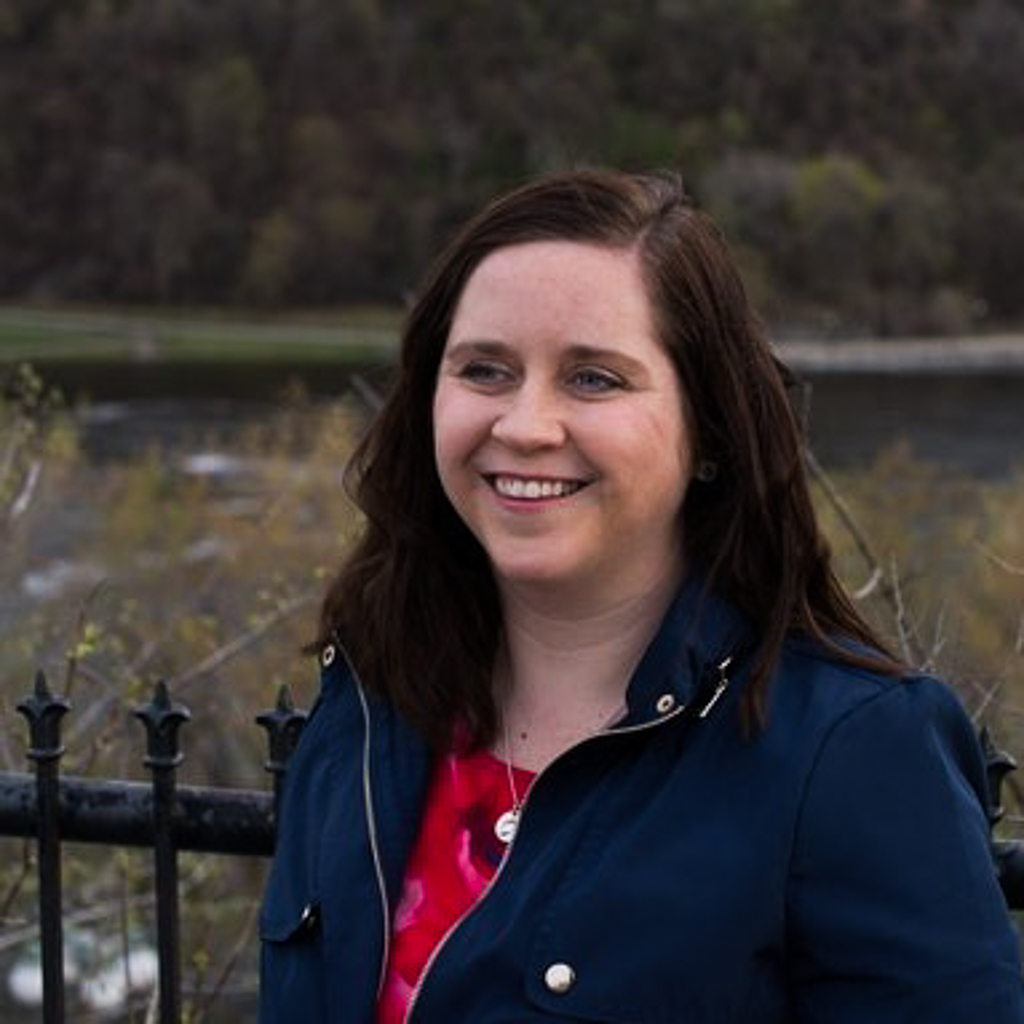

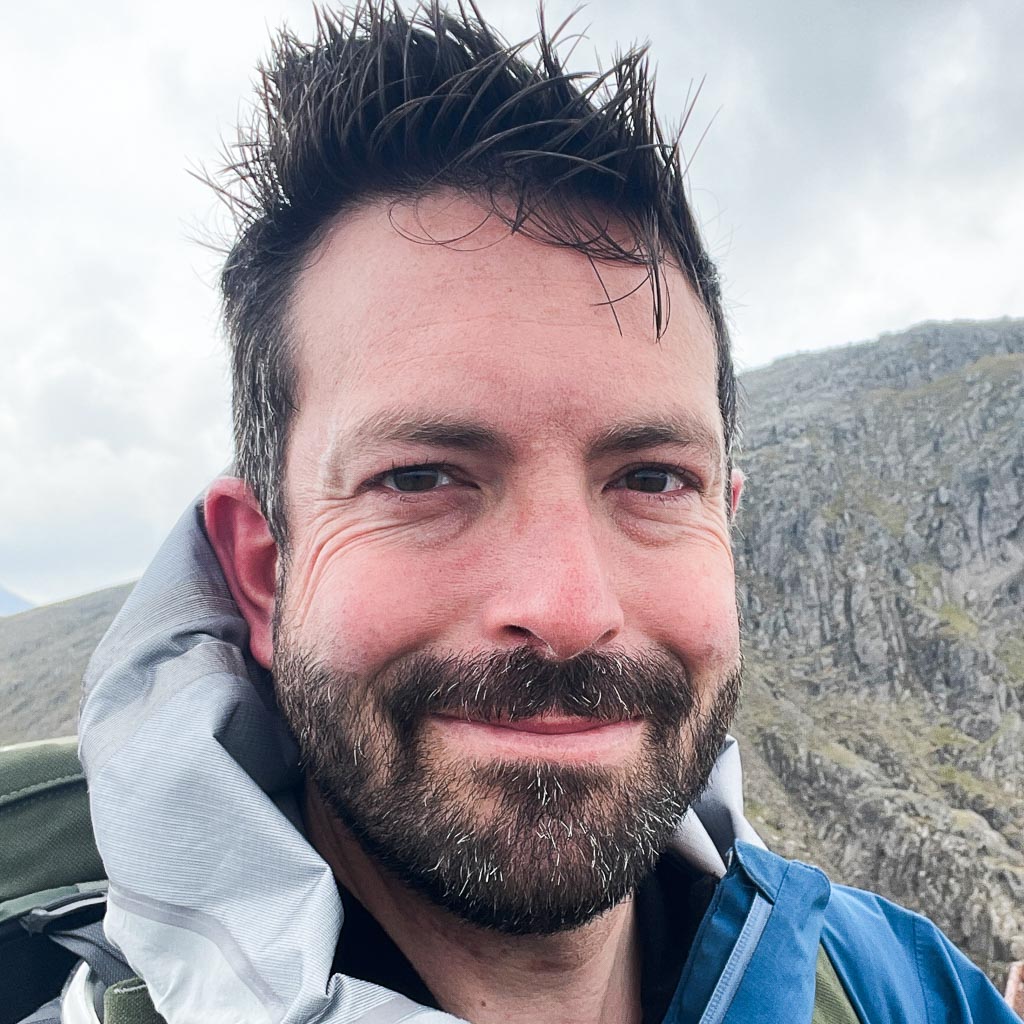



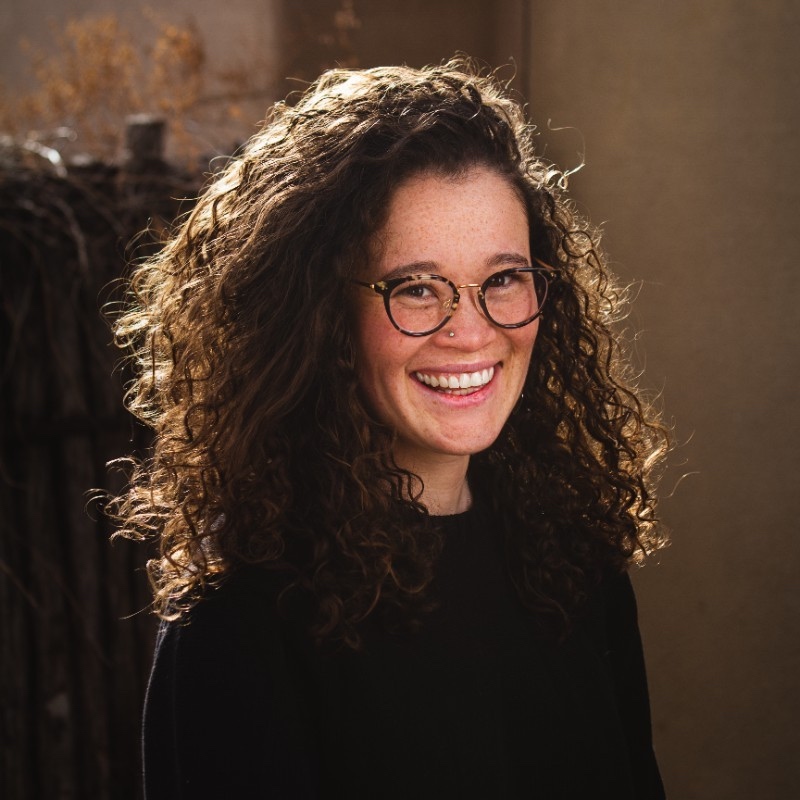

Can't find what you're looking for? Try using these tags: